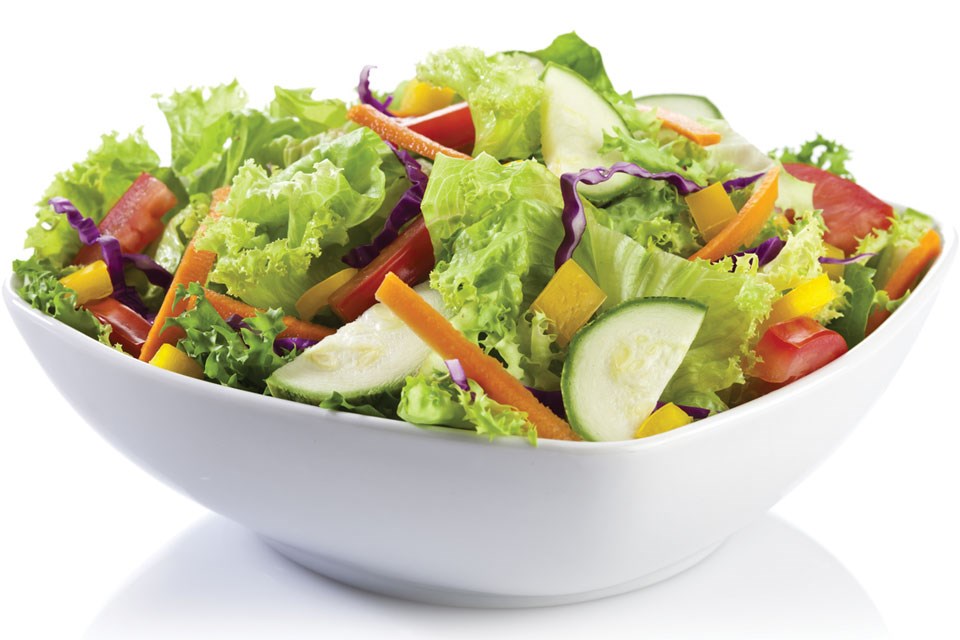Women understandably want to learn what they can do to reduce their risk of developing breast cancer. One of the first considerations may be analyzing diet and determining if it is affecting breast cancer risk.
A variety of factors affect a woman’s risk for developing breast cancer, and certain lifestyle choices, including diet, can play a role. However, the Canadian Cancer Society shows risk factors with greatest impact include dense breasts, age (over 50) and genetics. Lifestyle can influence breast cancer risk but not at the same levels as genetic markers, family history, gender, or age. However, women interested in doing all they can to stay healthy may want to take a closer look at the foods and beverages that can adversely affect breast cancer risk.
Healthy diet
Healthy food choices are linked to lower incidences of cancer, so eating plenty of fruits and vegetables may be linked to a lower risk of developing breast cancer. Data found women who ate the most vegetables had a lower risk of estrogen receptor-negative breast cancer (but not estrogen receptor-positive breast cancer) compared to women who ate the least vegetables, according to a 2013 report published in the Journal of the National Cancer Institute. According to the Canadian Cancer Society, the benefits of eating fresh fruits and vegetables outweigh any health risks linked to pesticide residue.
The complex relationship between fat, sugar and cancer
Though a single food will not lead to higher breast cancer risk, overeating and putting on excess weight can increase risk. That is why it is essential to get plenty of exercise each week and monitor calorie consumption. While women who are in their reproductive years may not see as much breast cancer risk from being overweight or obese, after menopause, that risk increases. The risk is not directly related to fatty foods, however. Studies show that while a diet low in saturated fats is often encouraged, there has still been no definitive link between fat and breast cancer risk.
In addition, while consuming too much sugar may not be healthy in the long run, studies are inconclusive on whether there’s truth to the saying that ‘sugar feeds cancer’. What’s more accepted is that eating sugar may lead to weight gain, which may increase the risk of breast cancer, say experts.
Alcohol consumption
One component of diet that has been studied extensively is the effects of alcoholic beverages on breast cancer risk. Numerous studies have found women who had two to three alcoholic drinks per day had a 20 percent higher risk of breast cancer compared to those who didn’t drink alcohol. And drinking even small amounts of alcohol is linked with an increased risk of breast cancer in women, because alcohol can raise estrogen levels in the body. It is recommended alcohol be limited to one drink per day for the average woman, or better still, none at all.
This story was written for the Think Pink advertising feature. It is not written by and does not necessarily reflect the views of the editorial staff.



